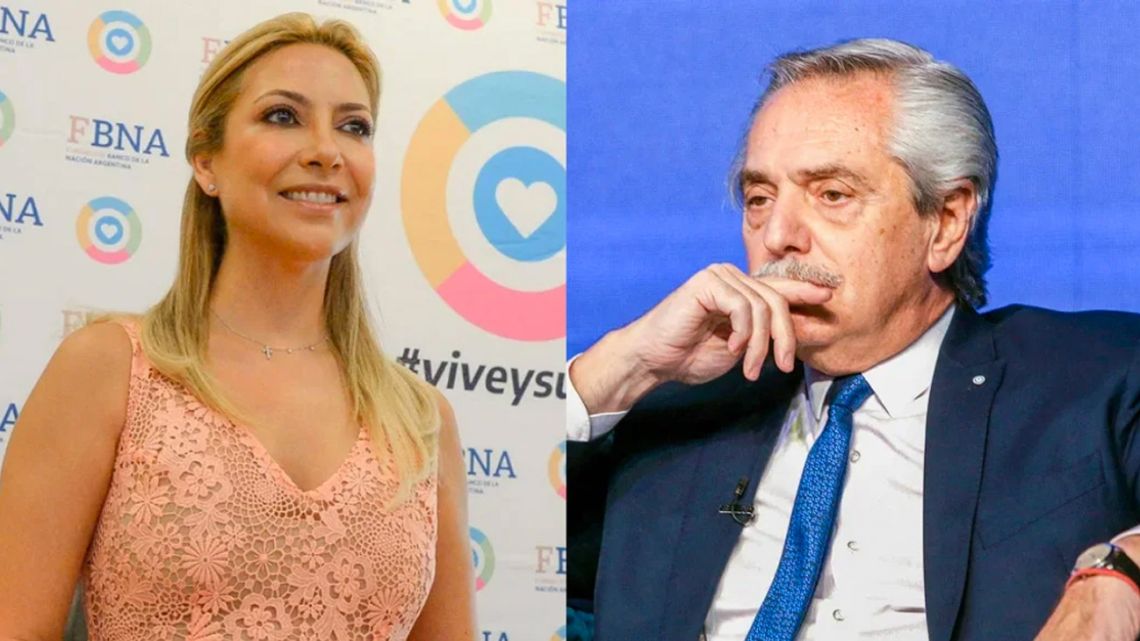President Biden’s recent recognition of Edmundo González as Venezuela’s president-elect marks a significant shift in U.S. foreign policy. This move comes after Venezuela’s contentious July 2024 elections, where incumbent Nicolás Maduro claimed victory.
Biden’s decision challenges Maduro’s legitimacy and complicates the incoming Trump administration’s approach to Venezuela. The July elections in Venezuela were marred by allegations of fraud and lack of transparency.
Venezuela’s National Electoral Council, closely tied to Maduro’s government, declared him the winner. However, opposition groups claimed González received over 70% of the votes based on collected tally sheets.
Independent observers noted the credibility of these claims without outright confirming the opposition’s victory. Biden’s recognition of González as president-elect represents the strongest U.S. endorsement of the opposition’s claims.
This stance directly challenges Maduro’s hold on power and sets a new tone for U.S.-Venezuela relations. The move aligns with the likely approach of Marco Rubio, Trump’s expected choice for Secretary of State and a vocal critic of Maduro’s regime.
 Biden Backs Venezuelan Opposition: A Strategic Challenge to Maduro’s Regime. (Photo Internet reproduction)
Biden Backs Venezuelan Opposition: A Strategic Challenge to Maduro’s Regime. (Photo Internet reproduction)The economic implications of this decision are significant. Venezuela’s economy has been struggling under sanctions and political instability.
Venezuela’s Crisis and U.S. Policy
Approximately 8 million Venezuelans have fled the country in the past decade due to political repression and economic hardship. This migration crisis has become a key issue in U.S. immigration policy debates.
U.S. oil interests also play a role in this complex situation. Chevron operates in Venezuela under specific exemptions from U.S. sanctions. A hardline approach towards Maduro could jeopardize these operations.
Venezuela’s oil exports to China further complicate potential diplomatic engagements between the U.S. and Venezuela. Maduro’s government has responded negatively to Biden’s announcement.
Venezuelan Foreign Minister Yván Gil dismissed the recognition of González, comparing it to the failed recognition of Juan Guaidó. Meanwhile, González welcomed the U.S. support, framing it as an affirmation of Venezuelans’ desire for change.
This situation presents a challenge for the incoming Trump administration. Trump’s previous “maximum pressure” strategy against Maduro included recognizing Guaidó as interim president.
Biden’s move limits Trump’s options for negotiating with Maduro without appearing to undermine González’s newly recognized status.
The recognition of González sets a significant early test for Trump’s foreign policy team. It forces them to decide whether to fully recognize González as the legitimate president, potentially escalating tensions with Maduro’s regime.
This decision could have far-reaching implications for U.S.-Venezuela relations and regional stability. As Maduro prepares for his inauguration in January 2025, international scrutiny of Venezuela’s political situation intensifies.
The coming months will likely see increased diplomatic activity as the U.S. and other nations navigate this complex political landscape. The future of Venezuelan democracy and U.S. foreign policy in Latin America hangs in the balance.

 By The Rio Times | Created at 2024-11-20 19:35:09 | Updated at 2024-11-22 03:57:54
1 day ago
By The Rio Times | Created at 2024-11-20 19:35:09 | Updated at 2024-11-22 03:57:54
1 day ago








